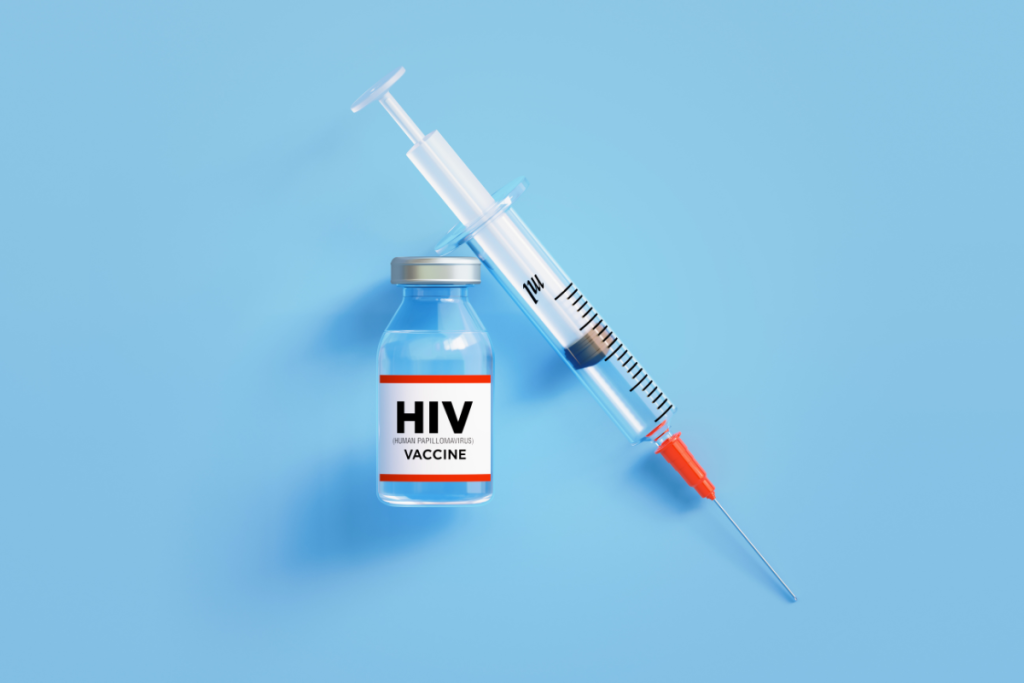- For millions of Kenyans, the introduction of lenacapavir symbolizes a beacon of hope. With just two injections annually, HIV prevention will become more accessible, discreet, and effective than previously possible. As Kenya strives to be one of the first nations to implement this innovative drug, the battle against HIV is poised to take a significant new direction.
Kenya is preparing to launch a groundbreaking HIV prevention medication, lenacapavir, which has the potential to transform HIV prevention efforts. Unlike traditional daily pills, this injection will be administered just twice a year, providing convenience and extended protection for individuals at risk.
Dr. Andrew Mulwa, who heads the National AIDS and STI Control Programme (NASCOP), stated that each dose will cost KSh 6,000, positioning it as one of the most economical HIV prevention solutions in the region.
“This represents a significant advancement in our battle against HIV,” he expressed during a press conference. “However, it’s important for people to recognize that lenacapavir only offers protection against HIV and does not shield against other sexually transmitted infections.”
Lenacapavir functions by inhibiting the replication of HIV within the body. Clinical trials conducted in Africa have shown nearly 100% effectiveness, with no cases of infection among participants receiving the injections biannually. Experts are optimistic that this could greatly decrease new infections, particularly among young women, sex workers, and other at-risk populations.
While lenacapavir typically costs thousands globally, Kenya has managed to obtain it at a much lower price through collaborations with generic manufacturers and international benefactors. The biannual administration is anticipated to lower the frequency of clinic visits, improve adherence, and offer a suitable alternative for those who find daily pills challenging.
Read More
Despite the enthusiasm surrounding this development, specialists caution that lenacapavir is not an all-encompassing solution. Dr. Mulwa stressed that ongoing condom use, regular testing, and education campaigns will continue to be essential. “We should not neglect other preventive strategies. Lenacapavir is powerful, but it is part of a broader approach.”
Another hurdle involves funding and logistical support. With numerous Kenyans still at significant risk for HIV, the government will depend heavily on global health organizations to guarantee fair access.
For millions of Kenyans, the introduction of lenacapavir symbolizes a beacon of hope. With just two injections annually, HIV prevention will become more accessible, discreet, and effective than previously possible. As Kenya strives to be one of the first nations to implement this innovative drug, the battle against HIV is poised to take a significant new direction.



-1772102940-md.jpg)


-1772090413-1772095461-md.jpg)
-1772094026-md.jpg)

-1772102940-sm.jpg)


-1772090413-1772095461-sm.jpg)